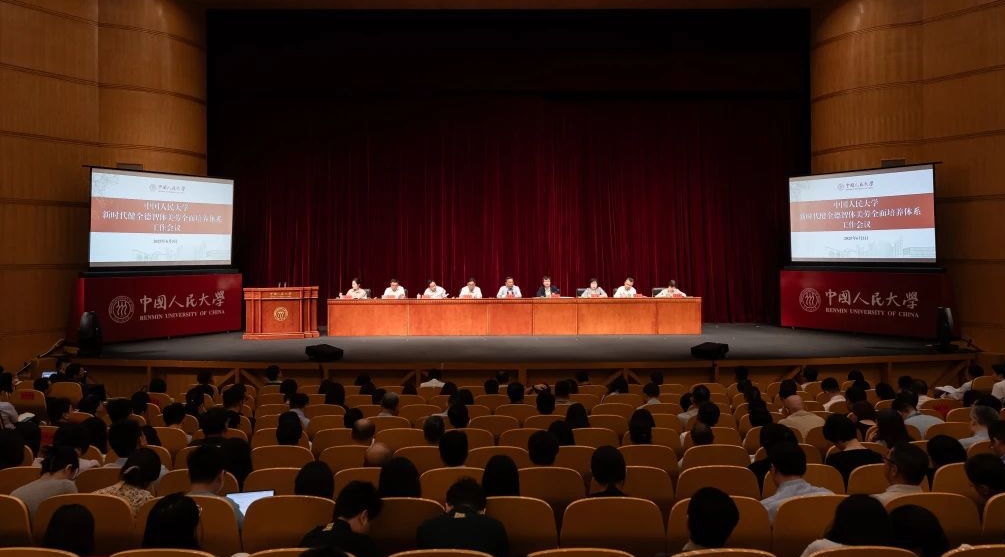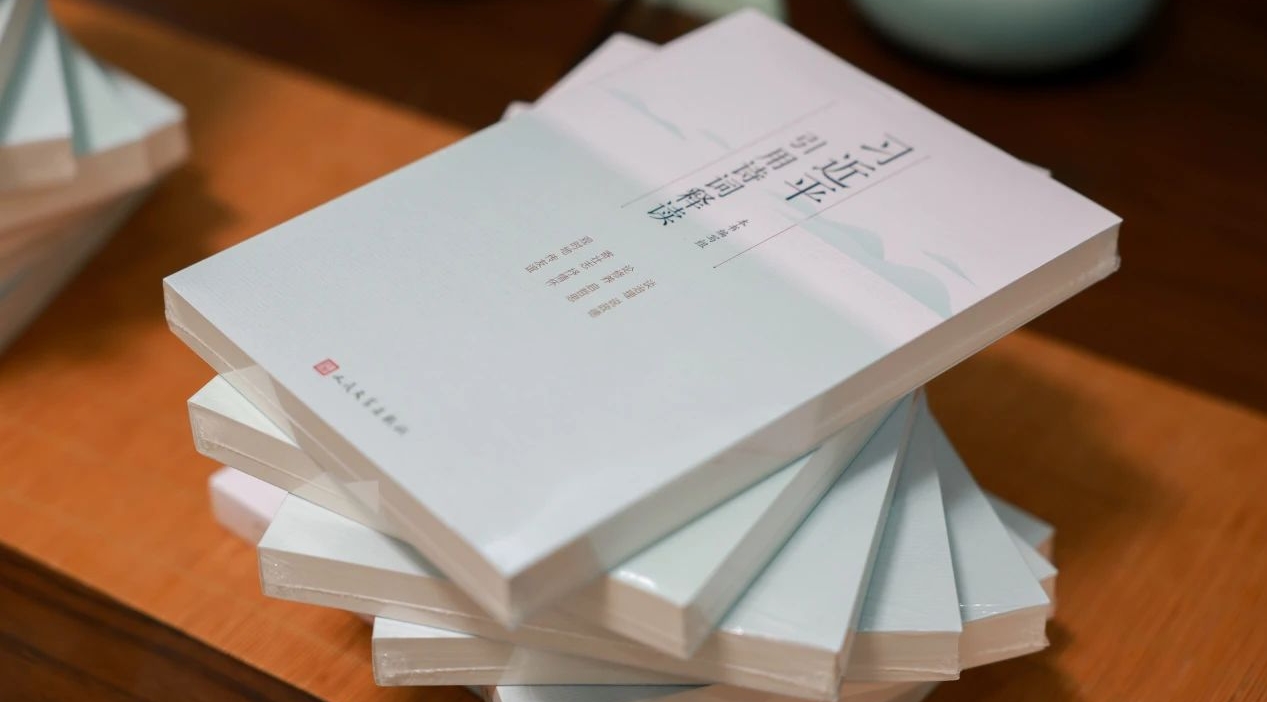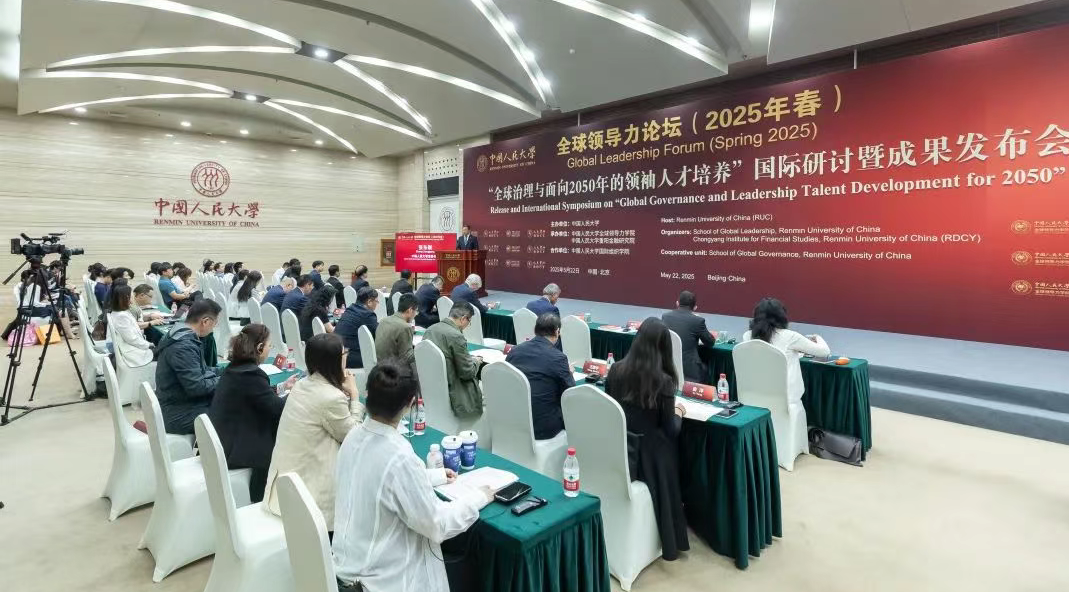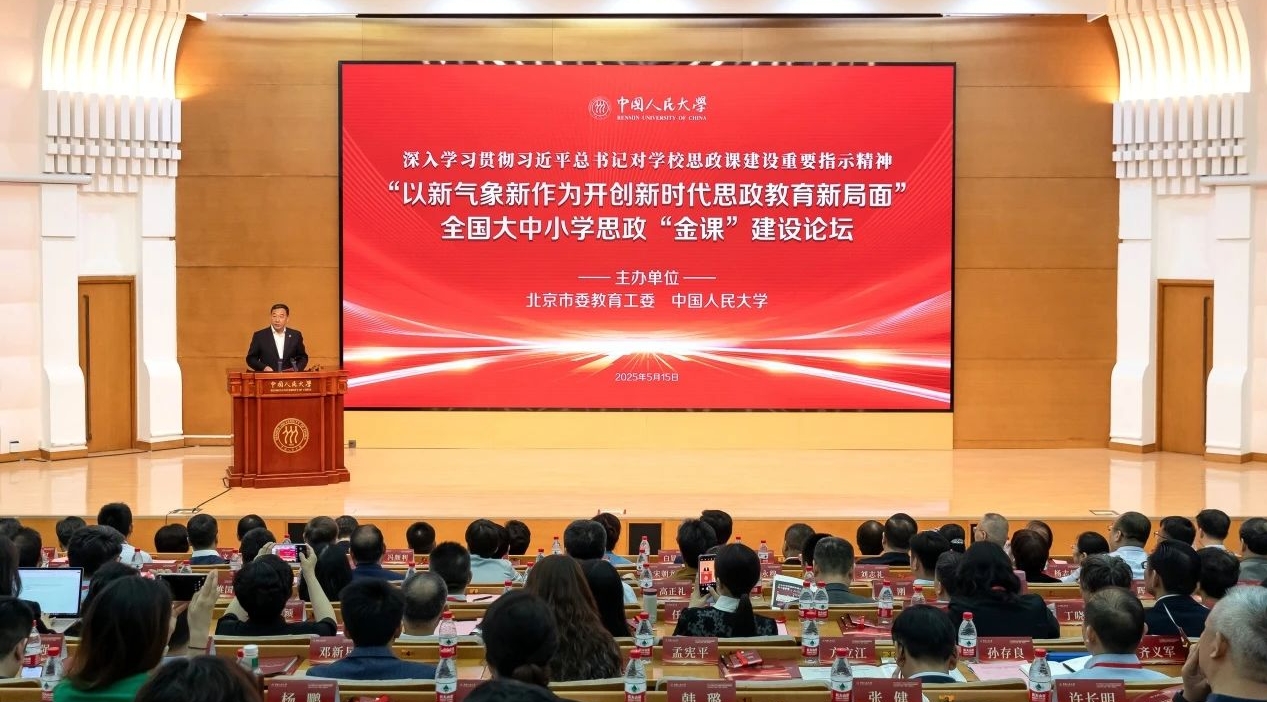
History seldom repeats itself in detail, yet the echoes are often hauntingly familiar. Let's begin not with the global headlines of tariff threats and decoupling but with the late 17th and early 18th centuries.
Back then, Indian textiles, such as fine muslin and printed cotton, were defined as "Made in the East." Their reputation traversed oceans, captivating Europe's elite and gracing the wardrobes of the British aristocracy.
India's textiles were not just beautiful objects; they symbolized the subcontinent's sophisticated manufacturing and economic might. But the storm was coming when the complex calculus of Empire took hold.
Britain's textile factories churned into life as the Industrial Revolution gained momentum. Yet, British textiles struggled to compete with India's hand-made marvels. London's response was swift and decisive but ruthless in its design. The British government imposed prohibitive tariffs on Indian cotton goods and, in some instances, outright banned their import into Britain. Simultaneously, it opened the gates for British machine-made textiles to flood the vast Indian market, free from duties with its system under the control of the Empire.
Little by little, India's artisans - the pride of generations - were caught in a vice. Denied access to affordable raw cotton and squeezed by aggressive British imports, many went out of business, forced by circumstance to abandon their crafts for lives of rural poverty.
This was not the invisible hand of "market forces" at work. It was the mailed fist of Empire. Redcoats and warships enforced Britain's economic policy, and resistance was harshly crushed when it arose. India had no power to rewrite the rules imposed upon it.
Under the guise of "rule of law" and "free trade," the Empire dictated a game whose outcome was preordained. As historians now call it, "deindustrialization" - one of the earliest and most devastating in history, where a vibrant economy was forcibly reduced to a supplier of raw materials and a captive market for foreign manufactured goods.
Fast-forward to the present. At the height of its global influence, the US finds itself uneasy in the face of a resurgent China - the world's leading manufacturing nation whose products are woven into the fabric of the global economy.
In response, Washington has launched an unprecedented trade war, wielding tariffs in hopes of slowing or even crippling the growth of Chinese manufacturing.
Some Washington policymakers seem convinced that imposing steep tariffs on Chinese goods and restricting technology transfer can restore American manufacturing to its former primacy.
Through punitive measures, they hope to reclaim the unchallenged leadership their predecessors once knew. However, the world of today is not that of yesteryear.
It is vital to remember how radically the landscape has changed. The Britain in 19th century could only force its vision upon India because it wielded overwhelming military and colonial power; the India of that era had no say in its fate.
Contemporary China, by contrast, is a sovereign country - an indispensable link in the global supply chain and a major driver of technological progress.
The intricate web of globalization now binds economies together in ways unimaginable even a generation ago. China and the US are not two players on opposite ends of a see-saw but partners, competitors, and co-dependents in a vast, shared ecosystem.
Washington's embrace of a zero-sum approach - the notion that American renewal requires the deliberate weakening of Chinese manufacturing - reveals a mindset rooted in imperial nostalgia.
Replaying the tariff wars of the 19th century could restore the status quo of American dominance. But this, too, is an illusion.
The privileges of historic empires cannot be restored simply by presidential decree or trade policy crafted in committee rooms. The world's realities - technology, sovereignty, and interdependence - require a new story.
History is not a script to be replayed but a mirror - a means to understand how far we have come and how much we must change. It is time to look forward, not backward, and to seek a future where open cooperation, not imperial nostalgia or zero-sum rule, defines our place in the world.
(The author is a senior editor with People's Daily, and currently a senior fellow with the Chongyang Institute for Financial Studies at Renmin University of China. )



















